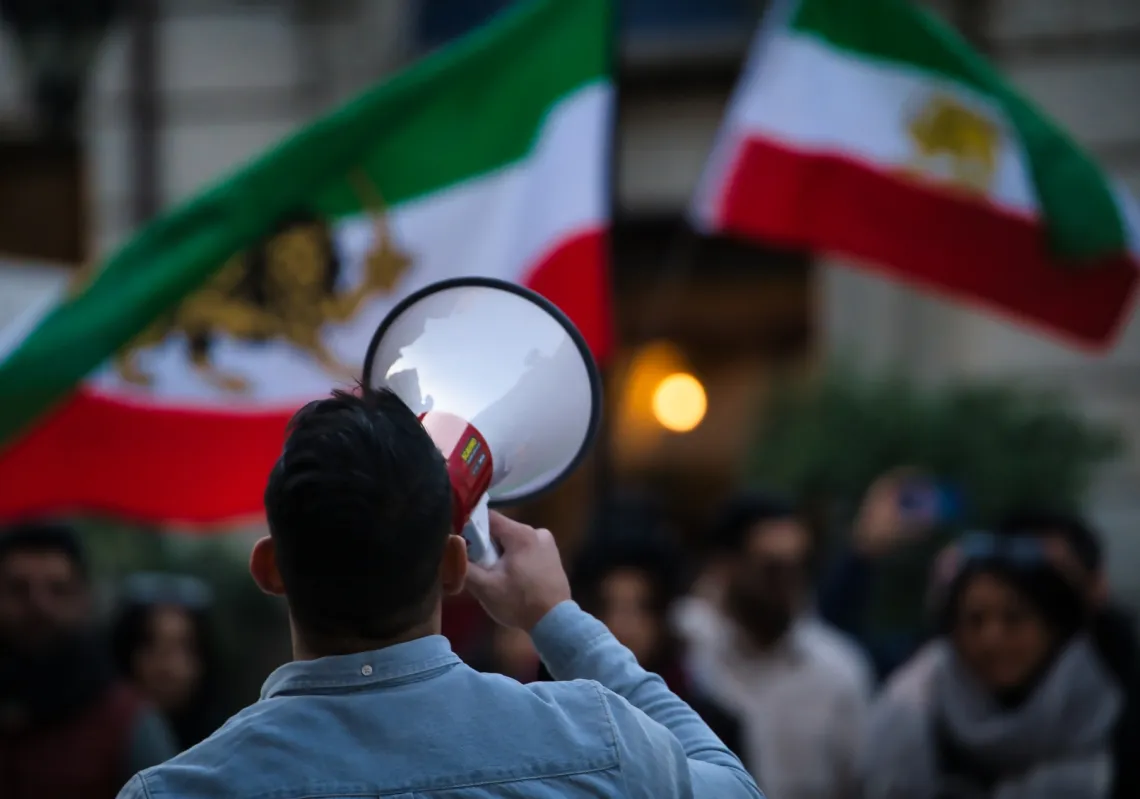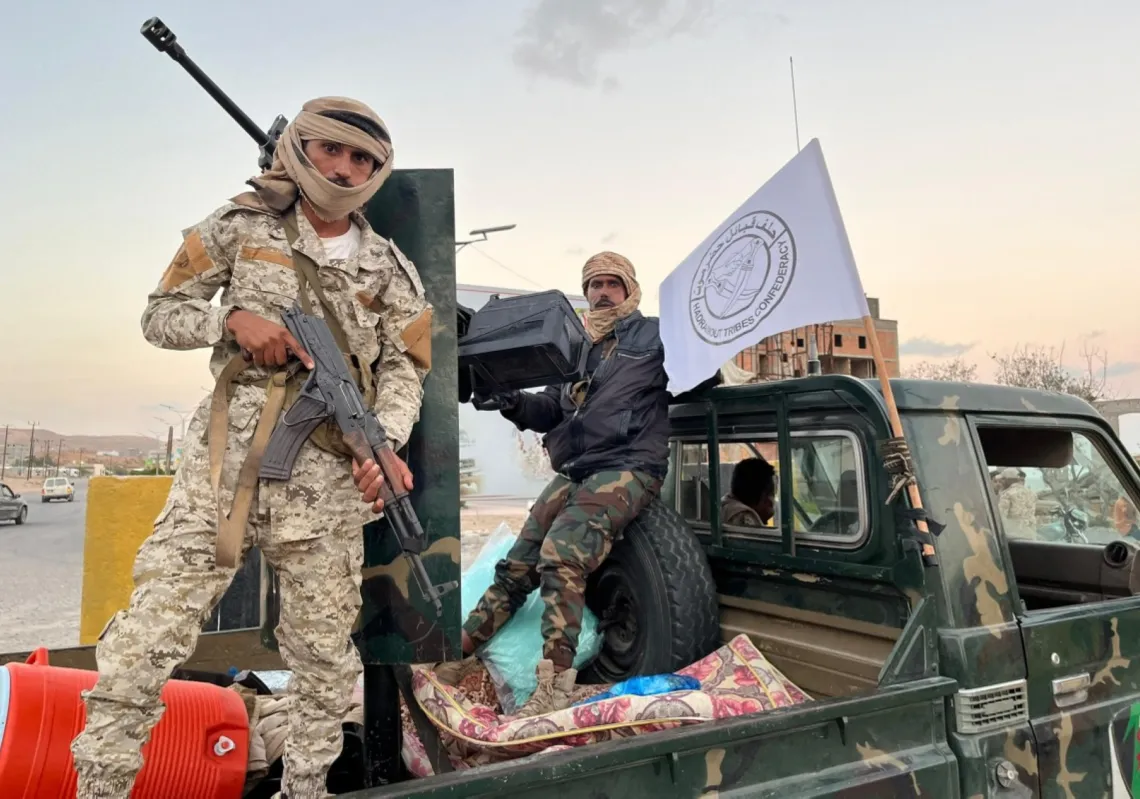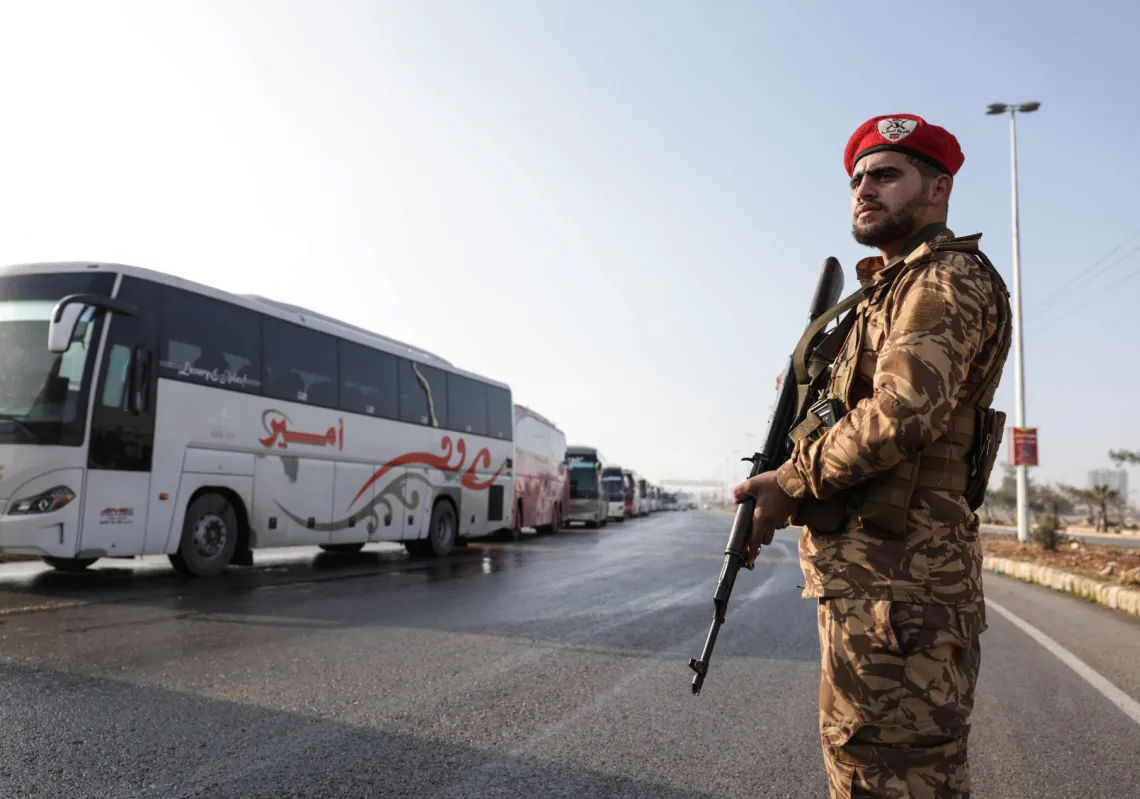When the Emir of Kuwait Sheikh Sabah Al-Ahmad Al-Sabah, announced his decision to select his nephew, Sheikh Nasser Al Mohammed Al Sabah as head of the first government in his reign in February 2006, it did not come as a surprise to many people.
The reason is that Sheikh Nasser is one of the most prolific personalities of the old regime. His selection to the post came to link the new era of Sheikh Sabah with that of his late predecessor Sheikh Jaber Al Ahmad Al Sabah in order to resume running the affairs of the country.
Before heading the government, Sheikh Nasser Mohammad served as Minister of the Emir's Office since 1991. The post involves a protocol that links the Emir with all local and global sides and personalities. Through him the Emir's office is contacted. It was a role in which Sheikh Nasser excelled, benefiting from his diplomatic experience during his diplomatic service between 1964 and 1979, when he shuffled between countries and global institutions.
The official website of the prime minister reveals that Sheikh Nasser Al-Mohammad Al-Ahmad Al-Jaber Al-Sabah was born in 1940 AD, and married with two sons (Ahmad who serves as director of the First Deputy Prime Minister and Foreign Minister's Office, and Sabah, who is assistant deputy in the Emir's Office for the ruling family's affairs). He completed his high school in the United Kingdom in 1959, achieved the higher diploma in the French language in 1960, then became a bachelor of politics and economics in Geneva University, Switzerland, in 1964. He is fluent in Arabic, French, English, and acquired some Persian too.
His practical experience started on August 15, 1964 when he joined diplomatic work as a third secretary at the Foreign Ministry. He then joined the permanent Kuwaiti delegation at the United Nations in New York in October 1964.
Later, he moved to work in the general administration of the Foreign Ministry in June 1965. Six months later, he was named higher ambassador and commissioned minister to become the first Kuwaiti permanent representative at the United Nations' European Office in Geneva.
In April 1966, he inaugurated the first building of the permanent delegation in Geneva. Two months later, he became the first Kuwaiti Consul-General to the Swiss Federation. In October 1968 he moved to Iran to work as a commissioned higher ambassador there. In 1971, he was assigned an ambassador mission to Afghanistan in addition to his work.
Between 1975 and 1979, he became the top senior of the Kuwaiti diplomatic career in Iran and Afghanistan during the period, only to be the youngest senior diplomat in the world at the time.
He later moved to the general administration of the Foreign Ministry after the fall of the Shah regime in Iran. Then he was appointed as deputy of the Information Ministry in 1985, then Minister of Information (1985 – 1988), and Minister of Social Affairs and Employment (1988 – 1990).
From June 1990 to April 1991, he was appointed State Minister for Foreign Affairs. After that he settled as Minister of the Emir's Office between 1991 and 2006. He was selected as head of the government in February 2006 according to an Emir decree which commissioned him to form the 22 government in the Kuwaiti history.
After that, Emir Decrees came in succession to name him as head of successive governments till the current one which is the 27th in the country on May 20, 2009.
During the Iraqi occupation of Kuwait in 1990, Sheikh Nasser Al-Mohammad supervised the Kuwaiti media during the first months of occupation. He also operated the first Kuwaiti radio station in exile in August of that year. He was the first Kuwaiti radio announcer during the invasion to say "This is Kuwait" from exile. After that he decided to launch the daily newspaper "Kuwait's Voice" speaking on behalf of Kuwait.
During his professional career, Sheikh Nasser al-Mohammad received medals and honors including the Order of the Persian Empire of the first class from Iran's Shah in November 1968, the Knight's Order from Mayor of Paris Jacques Chirac in1984, Order of Argentina of the first class from President Carlos Menem, in August 1993, Knight's Order of the first class from President of Senegal Abdou Diouf in October 1994, Certificate of Merit of the excellent class from the Organization of Islamic Conference in November 1996, the premier award from the Finnish lion class from Finland's President Martti Ahtisaari in September 1997, the Silver Lilac Medal from the Dean of Florence, Italy in November 2005, the Legion of Honor Medal with the rank of a senior officer of the first class from President of the Republic of France Jacques Chirac in September 2006, the Order of Merit from Qatari Emir Sheikh Hamad bin Khalifa Al Thani in January 2007, the Federation Medal from the United Arab Emirates President Sheikh Khalifa bin Zayed bin Sultan Al Nahyan in January 2007, Order of Merit from President of the Republic of Senegal Abdoulaye Wade in April 2007, Order of Merit of the first class from President of the Republic of Indonesia Susilo Bambang Yudhoyono in 2007.
He also received a copy of the key to Tirana, the Republic of Albania in December 2007, the Civil Merit Award from Spanish monarch King Juan Carlos I in May 2008. He received the President's Medal from George Washington University in honor of his career in the service of his country and his people in September, 2008.
However, his diplomatic experience did not seem to serve him fully when he dealt with local politics, especially in the presence of MPs in discord with the reformist trend which he is trying to focus on through the application of law.
Hence, his government witnessed instability during which some ministers resigned, and ten ministers received inquiries. Sheikh Nasser Al-Mohammad has not survived the conflict as he was subject to four interviews himself. Moreover, the relationship between his successive governments and the parliament has shaken and led in various stages to either the resignation of the government or the dissolving of the parliament and a call for early elections. So his six governments countered three parliaments formed in three years, as the parliament's life-span is four years, according to the constitution.
Sheikh Nasser Al-Mohammad fought several political battles and the most significant was that involving the amendment of electoral constituencies, which led to dismantling the parliament in the summer of 2006.
During that encounter, opposition MPs won at the expense of MPs close to the government. Then government economic sectors faced influential financial groups, which in turn led to a drop in financial markets' indicators. The decline reflected on the income of middle-income families, and afterwards several "B.O.T" projects were withdrawn from real estate companies.
Then the parliament passed a group of laws to abrogate the control of a number of royal family members on Kuwaiti sports. There was also the confrontation between Islamist MPs and a number of ministers, who included the sons of the ruling family. Moreover, a number of MPs demanded to inspect the expenses of the Prime Minister's Office because they suspected financial irregularities therein.
But the prime minister, on his part, takes the credit for having been burdened with a heavy legacy from previous governments. This in itself requires a certain pattern of action, especially as it involves several administrations in the country during harsh times and most notably during the Iraqi invasion and the subsequent reconstruction period.
In addition, former governments experienced huge financial and political crises that cast their shadow on government performance on the one hand, and on the relationship with parliament and its members, on the other hand.
Moreover, there was a struggle to win power and influence between parties and leaders who were in for fighting their battles and crushing their opponents inside the parliament or the government itself.
The new era which was launched by Sheikh Sabah Al-Ahmad, when he assumed the rule early in 2006, is still in labor pains, and works to establish itself.
It is based on a vision that seeks to restore Kuwait's leadership in the region on both the financial and investment levels. It is a task which the prime minister is trying to focus his efforts on to accomplish.
According to his last address to parliament at the end of last May, Prime Minister Sheikh Nasser al-Mohammad admitted that "the political fatigue on the domestic level in the past only yielded a retreat in efforts to build a modern state which we are seeking to establish. The fatigue also harvested worries, concerns and burdens full of risks to an extent that requires all of us to exert more hard work and to be possessed of a spirit of altruism which we missed recently. It is not useful now to waste time on determining who bears the responsibility for this situation.
But we must accelerate our pace to overcome differences and contain conflicts and obstacles by setting things right and reforming the political discourse, which reflected negatively on our democratic experience, our beliefs, our national unity and the security and stability and the future of the country. It also caused the decline in development efforts and the decadence of our country's leading position in many fields."
He stressed again that "the political fatigue which plagued the country recently requires everyone to be up to the responsibility to meet various challenges and enhance confidence. We should hope that we are able to protect our achievements and rise to the citizens' aspirations towards decent living in a safe and stable country with a prosperous present and future. "
Despite the assertions of Emir Sheikh Sabah Al Ahmad Al- Sabah on more than one occasion that the selection and nomination of his prime minister is an inherent constitutional right reserved to him alone, there is a group of MPs who always hold Prime Minister Sheikh Nasser Al-Mohammad responsible for the repeated failures in the overall performance and the deterioration of public services.
This aspect leads in some stages to complicating the political game, at the same time when the prime minister is trying to resolve the issue.
But the quick pace of the successive events does not give him and his team a chance to work, which led to creating a political vacuum that he alone needs to fill, in a society which depends on the government for solving much of its issues.
This trend maximizes the role of Sheikh Nasser, who seeks to enforce the principles of equality and applying the rule of law on everyone. He also struggles to run the country from the perspective of a seasoned diplomat, rather than a politician with a busy agenda. Thus he is destined to carry his country in his heart wherever he goes, with the belief that Kuwait deserves from everyone all perseverance and hard work, even at the expense of one's health.
Huge responsibilities are assigned only to men of the same calibre, and very few people rise up to the standards of Sheikh Nasser al-Mohammad.








